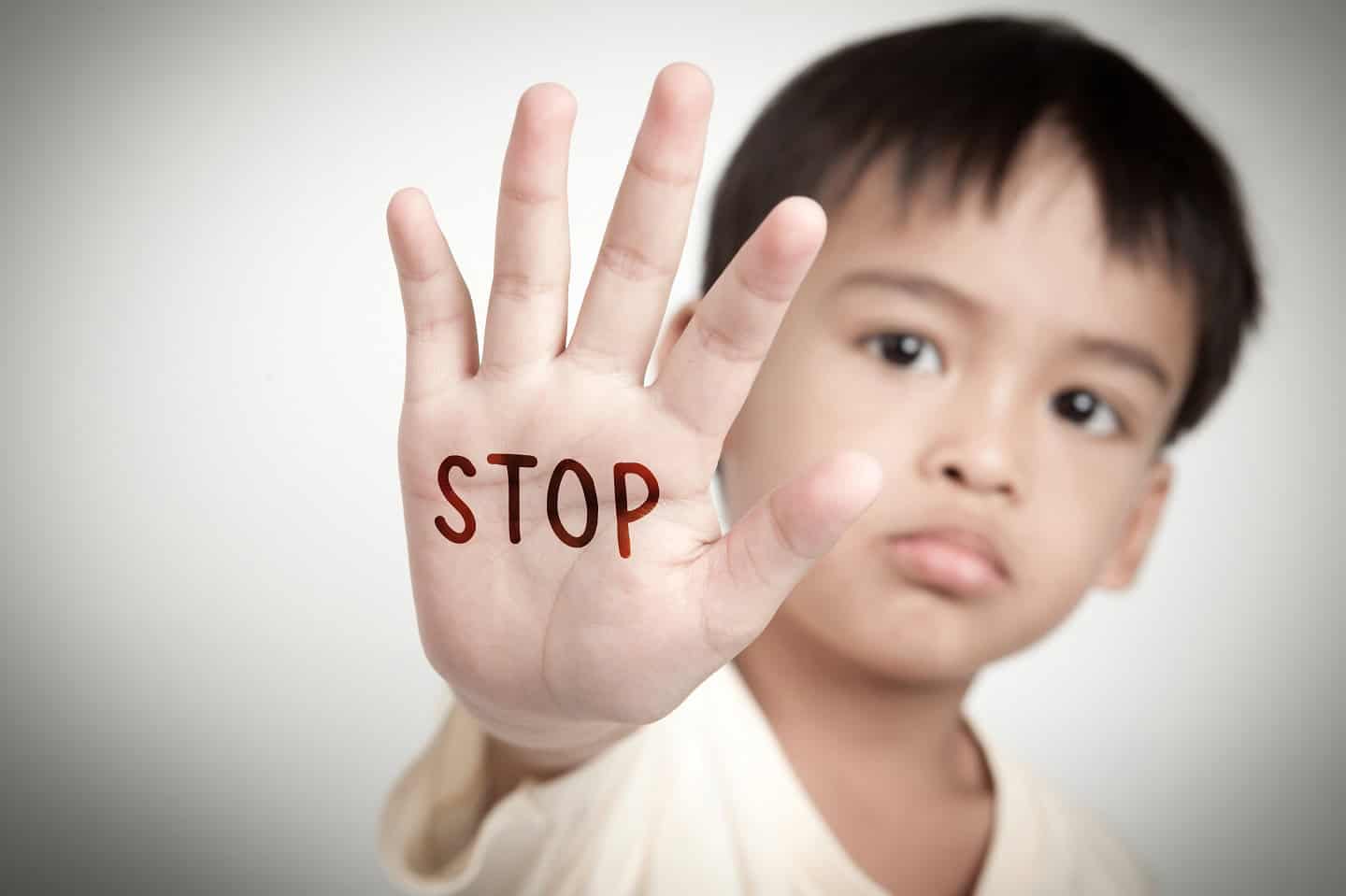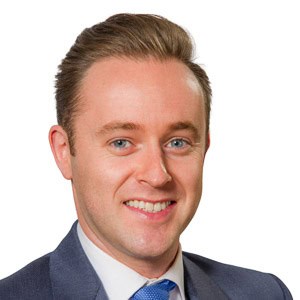
Damned if they do, damned if they don’t: the challenges faced by survivors of abuse from ethnic minority communities
The original article first appeared in PI Focus in July 2021. It is republished here with their kind permission.
In April 2021, the Independent Inquiry into Child Sexual Abuse (“IICSA”) published its report “Engagement with support services for ethnic minority communities”, which highlights the difficulties faced by survivors from ethnic minority communities when disclosing or reporting child sexual abuse.
The report’s findings are based on information gathered from support organisations such as domestic and sexual violence support services, women’s groups, religious charities, mental health agencies and specific ethnic minority organisations that work with these communities. It focuses on six common themes namely (i) mistrust of and inadequate access to services; (ii) language; (iii) closed communities; (iv) culture; (v) shame and honour; and (vi) education.
Mistrust of and inadequate access to services
One of the biggest hurdles facing survivors of abuse from ethnic minority communities is their lack of trust in organisations such as the police, social services and health care services, which has been built up over many generations. Survivors fear that lack of diversity and institutional racism within these organisations will lead to them being judged and the outcome of their disclosure being determined by their race or religion.
All victims of abuse, irrespective of their background, fear that they may not be believed. For ethnic minority survivors, and black male survivors in particular, who have had prior contact with the criminal justice system, this concern is even greater. They feel that the police’s response to their disclosure will be clouded by their history.
Survivors from South Asian communities carry an additional burden of protecting their wider community from being targeted as child abusers or facing Islamophobia in light of the narrative promoted by the media about ‘Asian grooming gangs’. This can greatly influence their decision to not disclose abuse.
The report also found that survivors with a recent or insecure immigration status are some of the most vulnerable. They are less likely to engage with support services due to concerns about their status, which for them overrides all other concerns, and worries that their children will be taken away. The fact that such individuals do not have access to the same services as those with a secure immigration status, compounds this issue further. For instance one organisation revealed that “social care services are reluctant to accept people with non-secure immigration status who are victims of child sexual exploitation”.
Language
Effective communication is key to disclosing abuse and the words and nuances used will have a significant impact on how that disclosure is dealt with. So it is not surprising that language can prevent survivors from ethnic minority communities speaking up. But not being able to speak English is only one of a number of barriers that have been identified.
Survivors who are native English speakers can lack the language to talk about sexual abuse. This may be as a result of not attending relationships and sex education classes at school or considering words that are needed to talk about sexual abuse, such as words for genitalia, as taboo and disrespectful.
Interpreters are often needed to overcome language barriers but this is not as simple a solution as it may seem. Where family or community members are acting as interpreters, there is a risk that survivors’ confidentiality may not be maintained and they may feel additional shame in discussing sexual abuse. For this reason, survivors may not disclose the full extent of the abuse they have suffered.
The family or community members themselves may also not be able to translate fully or literally from their language to English, sometimes because there are no direct translations and at other times because of their own personally held beliefs of cultural respect or feelings of shame. This creates a risk of important information being lost in translation.
Where professional interpreters are used, overlooking the differences between a survivor’s and an interpreter’s dialect can lead to confusion and misunderstanding. More importantly, the reports reveals that majority of professional interpreters lack the experience and training to talk about child sexual abuse and work compassionately with survivors.
The report also highlights that there are problems generally with access to, funding for and the quality of interpretation services.
Closed communities
The term ‘closed communities’ is explained in the report as describing:
“communities which are insulated from wider mainstream society. Strong social ties within these communities are based on culture, heritage, religion and language. Closed communities provide their own, highly integrated, non-statutory support services, sometimes including parallel religious councils or courts”.
Such communities are considered by support organisations as ‘hard to reach’.
Some communities that have been identified as ‘closed’ include Romany, Irish Traveller, Ultra-Orthodox Jewish and some South Asian diaspora communities.
Survivors from these communities are bound by a strong sense of collective identity and loyalty. This prevents them from disclosing abuse, for fear that it would damage the reputation of the community as a whole and be seen as a betrayal.
Instead, religious leaders are relied upon – by both those within the community and support services – for guidance. Sadly, their desire to protect the community from stigma often outweighs the need to support the victim and in many cases is compounded by their denial that sexual abuse exists in their community. The undesired consequence of this is that survivors are failed and left unsupported by both internal and external systems of authority.
Culture
The fact that many ethnic minority communities are patriarchal, placing emphasis on purity and forbidding sexual behaviour outside of marriage, is in itself a barrier to disclosure faced by survivors of sexual abuse within some communities. In others, it is the importance of certain beliefs held in a survivor’s culture or religion. An example is of some diasporic African communities in the UK whose belief in black magic and being cursed by the perpetrator or others in the community prevents them from disclosing abuse.
Survivors feel that service professionals from a non-religious culture struggle to understand the context in which they hold these beliefs and fears. On top of this, they often treat individuals from ethnic minority communities as part of one homogenous group and fail to challenge what may be seen as ‘traditional’, which can lead to little or no action being taken.
Shame and honour
All survivors of child abuse struggle with feelings of shame. Add to this the burden of protecting family honour and emphasis on virtues of purity and virginity and we can begin to understand why survivors from ethnic minority communities find it even more difficult to disclose abuse.
The report reveals, however, that shame and honour are gender based with some communities expecting females to maintain the family’s honour. In such communities, survivors of sexual abuse are labelled as ‘impure’ and the entire family can be shunned. This encourages victim blaming and can lead to life threatening consequences for the survivors.
Education
There is a general lack of education and awareness about child sexual abuse and its impact at all levels within ethnic minority communities.
In some closed communities, children are often home schooled, do not attend school regularly or are removed from school at a young age. In others, they are withdrawn from relationships and sex education. Without the knowledge to understand sexual abuse, children are more vulnerable to being targeted and are not equipped to prevent it from happening or reporting it.
Adults often fail to recognise and report sexual abuse because of gaps in their own education. Support organisations reported that they found it difficult to source educational materials for adults who did not attend relationships and sex education classes themselves or who came to the UK as adults.
Survivors within ethnic minority communities are also failed by a lack of understanding of the long lasting impact of child abuse because of how dismissive some communities are of mental health issues.
Conclusion
As a lawyer representing survivors of abuse, I welcome the commissioning and findings of this report. It is clear that much needs to be done to provide access to culturally sensitive services so that survivors from ethnic minority communities feel fully supported when disclosing or reporting abuse. Whilst we await IICSA’s recommendations in this regard, we can all play our part in ensuring this happens.
As a British Muslim, of Pakistani heritage, I believe that many of the issues highlighted by this report need to be tackled from the bottom up because the experience of each survivor within a community will dictate the decision of many others to speak up. This, in my opinion, is a two stage process. Firstly, denial within some ethnic minority communities about the existence, and indeed prevalence, of abuse and the stigma attached to victims of abuse needs to be eradicated by targeting the lack of knowledge and understanding surrounding this issue. Secondly, to ensure that survivors of abuse from ethnic minority communities are truly empowered, cultural norms within these communities need to be recalibrated in the light of moral, religious and legal education.










